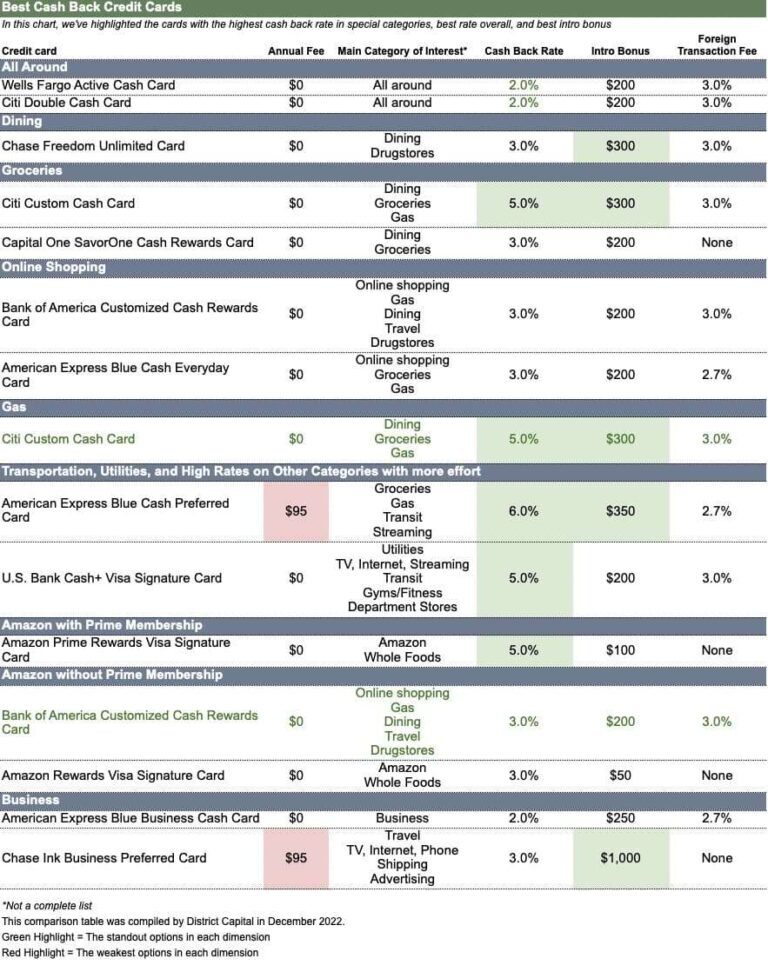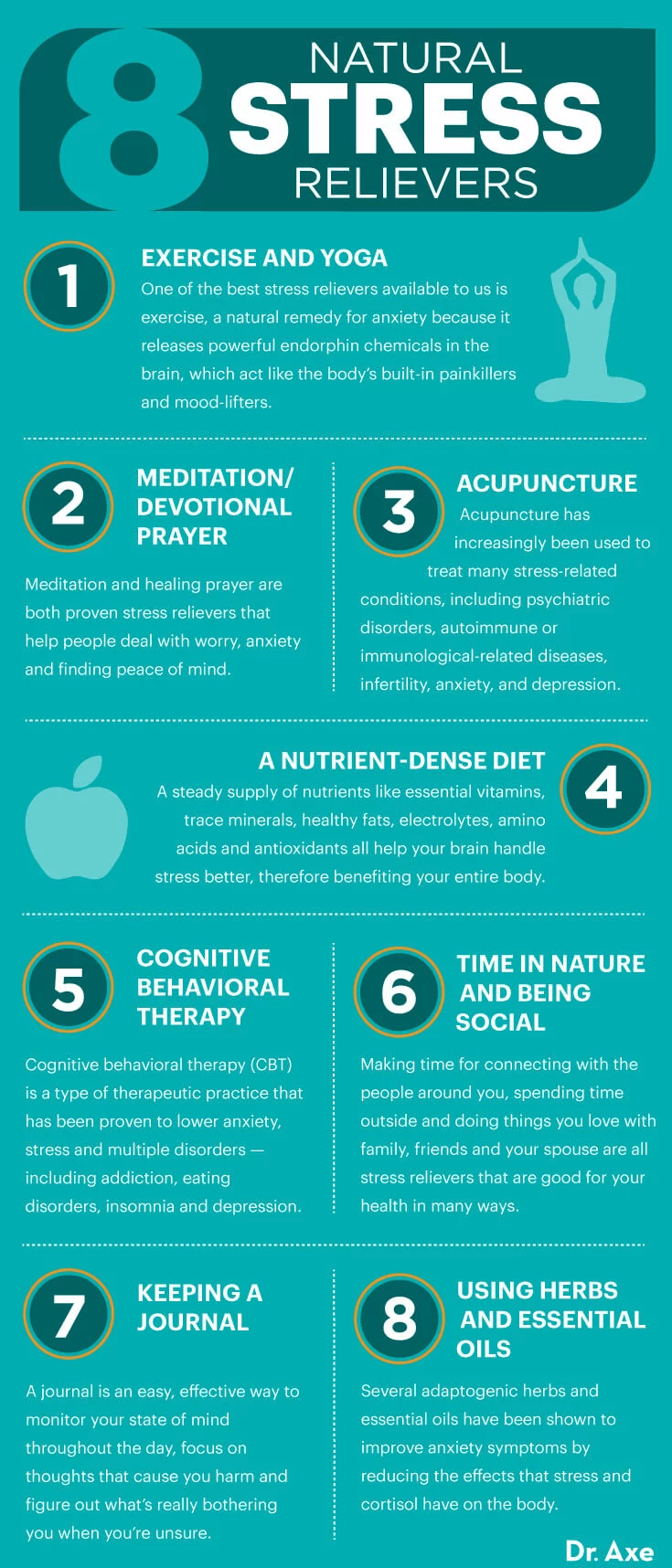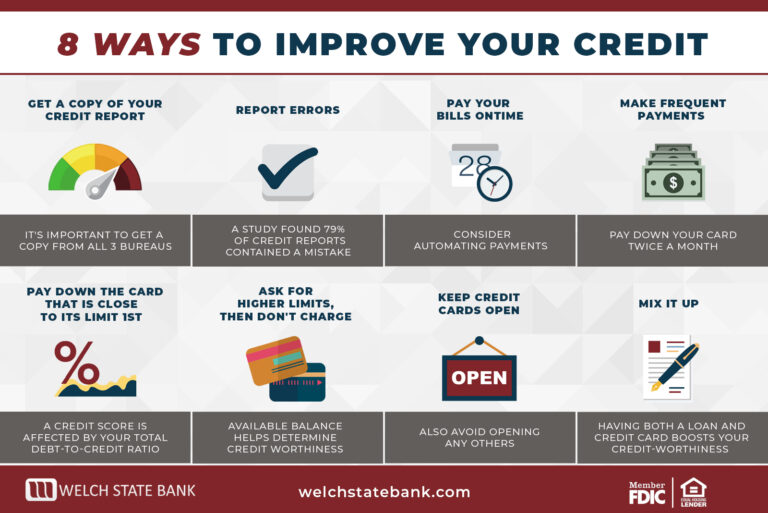Financial Literacy Programs for Adults: Empowering Your Financial Future
Financial literacy is essential for making informed decisions about money management, investments, and savings. Yet, many adults, even those with established careers, lack the foundational financial knowledge that can lead to greater financial stability and success. Financial literacy programs for adults aim to fill this gap, offering valuable tools and strategies to improve money management, budgeting, debt management, and financial planning. These programs are designed for individuals at any stage of life who want to take control of their finances and build a secure future. This article will explore the importance of financial literacy for adults, highlight the key components of effective programs, and guide you on how to get started with improving your financial knowledge.
Why Financial Literacy Matters for Adults – The Importance of Financial Knowledge
In a world where financial decisions impact nearly every aspect of life, financial literacy is more crucial than ever. For adults, understanding personal finance can lead to better choices when it comes to saving for retirement, managing debt, and navigating the complexities of taxes, insurance, and investments. Financial literacy programs equip individuals with the knowledge to make smart decisions that can improve their financial well-being. Whether you’re planning for long-term goals like buying a home or simply trying to make ends meet, these programs help develop the skills necessary for financial security.
Key Topics Covered in Financial Literacy Programs – What You Will Learn
Financial literacy programs typically cover a wide range of topics designed to give participants a comprehensive understanding of personal finance. Key subjects include budgeting, saving strategies, understanding credit, managing debt, and building an emergency fund. Programs also dive into more advanced topics such as investing in stocks, mutual funds, and retirement accounts, as well as the basics of taxes and estate planning. By learning these essential topics, adults can make better financial decisions that lead to healthier, more sustainable financial lives.
Types of Financial Literacy Programs Available – Find the Right Fit for You
There are several types of financial literacy programs available to adults, catering to different learning styles and needs. Some are offered online through websites, apps, or webinars, providing flexibility for individuals who prefer self-paced learning. Others are offered in-person by community organizations, financial institutions, or non-profit groups, which may include interactive workshops or one-on-one counseling. There are also employer-sponsored financial literacy programs that provide resources to help employees manage their finances effectively. When choosing a program, it’s important to consider your goals and preferred learning style to ensure the program suits your needs.
Benefits of Financial Literacy for Adults – Achieve Financial Control and Confidence
The benefits of participating in financial literacy programs extend far beyond just managing money. Financially literate adults are more confident in making financial decisions, less stressed about their financial situations, and more likely to plan for the future. Gaining a better understanding of budgeting can help individuals reduce debt, while learning about investments can help them grow wealth for long-term goals like retirement. Ultimately, financial literacy programs provide the tools necessary for individuals to take control of their finances and improve their overall quality of life.
How to Get Started with Financial Literacy Programs – Take the First Step Toward Financial Empowerment
Starting a financial literacy program is easier than you might think. Begin by researching available programs that align with your financial goals and learning preferences. Many resources are available for free or at a low cost, making them accessible to individuals from all backgrounds. You can start by exploring online courses offered by organizations like Khan Academy, or look into local community-based workshops and resources offered by banks or financial advisors. Regardless of where you begin, taking the first step toward improving your financial literacy will set you on the path to financial success.
FAQs
1. Why should adults focus on improving their financial literacy?
Improving financial literacy allows adults to make better financial decisions, avoid costly mistakes, manage debt effectively, and plan for the future. It provides the knowledge needed to create a stable financial life.
2. What topics are typically covered in financial literacy programs for adults?
Programs cover essential topics such as budgeting, saving, managing debt, credit scores, investing, retirement planning, taxes, and insurance.
3. Are financial literacy programs expensive?
Many financial literacy programs are free or offered at a low cost. There are numerous online resources, community-based workshops, and employer-sponsored programs that make financial education accessible to all.
4. How long do financial literacy programs typically take?
The duration of financial literacy programs varies. Online courses may take a few hours to complete, while in-person workshops or more comprehensive programs may span several weeks or months.
5. Can financial literacy programs help with debt management?
Yes, financial literacy programs often include strategies for managing debt, such as creating repayment plans, improving credit scores, and understanding debt consolidation options.


